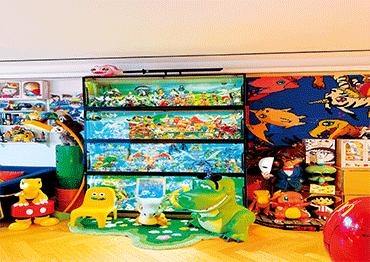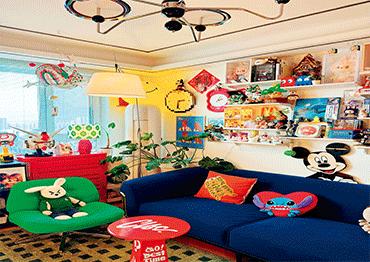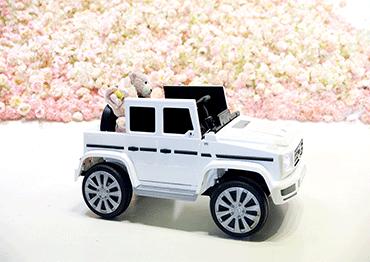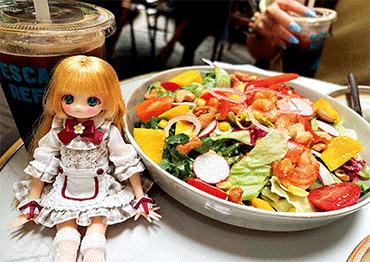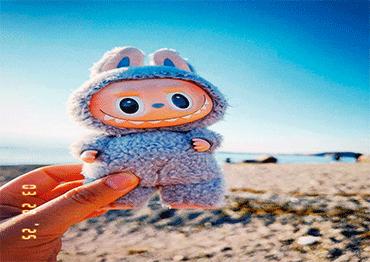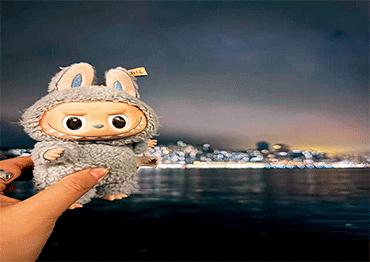According to Xiangxiang, her affection for BJD dolls may come from her lonely childhood. Her family lived by the sea – her father was often away, and her mother busy working.
“My first doll was a Barbie my mother bought me when I was sick,” she said. “I was in hospital for a long time, but the Barbie comforted me.”
Xiangxiang believes her dolls’ companionship is even better than her pet cat’s. “My cat is very independent and she doesn’t like to sleep with me and often ignores me... but my dolls are always there for me,” she added.
Bai Ling, a 38-year-old in Hangzhou, Zhejiang Province, told NewsChina that toys have always been part of her life.
Growing up, she spent a lot of time at her grandmother’s, as her parents were busy working and studying.
“My grandma was always worried I’d get hurt or lost and she hardly ever let me play outside with the other kids, so I had to play alone, but I had lots of toys that my parents bought me to compensate for lack of companions,” she said. “My favorite game was playing house. I was the mother and the doll my daughter. I liked to cook for her using toy cookers and dinnerware... Perhaps that’s why I still love miniature toys.”
“I’ve bought many such toys ‘for my daughter,’ but I actually bought them for myself,” she said, smiling. “I feel happy, as if I’ve returned to my childhood.”
Haozi in Changchun, Jilin Province, however, argued that few families could afford toys, especially expensive ones, in the 1980s and 1990s when China was transitioning from a planned to a market economy.
“I’ve loved toys since childhood, but I owned few then, since my family was poor at the time,” he told NewsChina, revealing that he has bought all sorts of toys for himself now he can afford it.
“I’ve been buying them for about seven years. My house is full of toys, even in the laundry room. I also like to buy stuff like lamps, clocks and chairs that are designed like toys,” he said. “It’s like I’m making up for the regrets of my childhood,” he added, revealing that his greatest happiness is organizing and cleaning his toys.
Haozi’s favorites are from Digimon, the Japanese animated series and card game, because they stayed with him in his whole childhood.
“I am nostalgic and miss the old days. I feel I haven’t grown up in my mind. I don’t like growing up and I’m afraid of growing up, since adults have too many worries,” he said.
Haozi is not the only one nostalgic for the 1980s, with video clips of vintage toys receiving thousands of likes and comments on short video platform Douyin (TikTok). Most are fairly basic, like plastic balls or playing cards, but they hold special significance for the children who grew up in the 1980s and 1990s and experienced the country’s enormous changes.
Cao Yixia, a researcher at the Institute of Applied Economics, Shanghai Academy of Social Sciences, told NewsChina that the biggest consumers of chaowan are 15-35 years old and most are of the only child. China’s strict one-child policy was in place from 1978 to 2016. This cohort, compared to older generations, have stronger demand for companionship and are easily attracted to cute and unique things.
Now 30 years old and single, Haozi said he does not desire a relationship or marriage.
“So few people really have things in common... Maybe toys will be with me longer,” he told NewsChina.
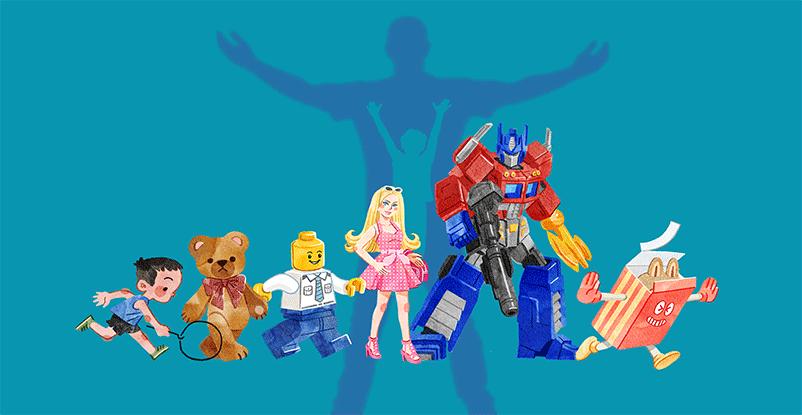
 Old Version
Old Version
